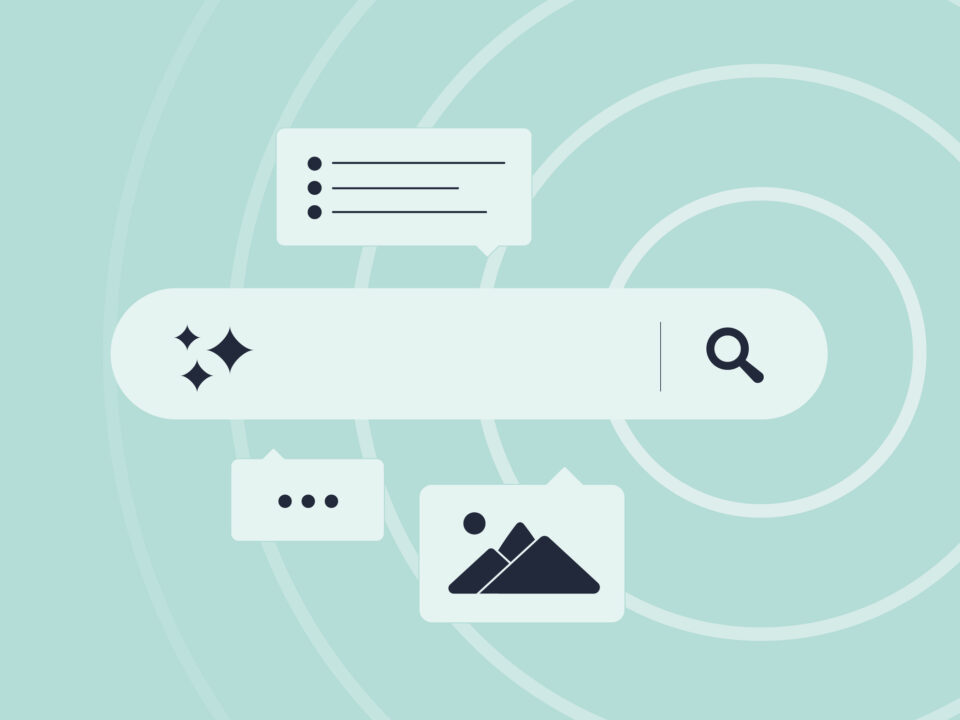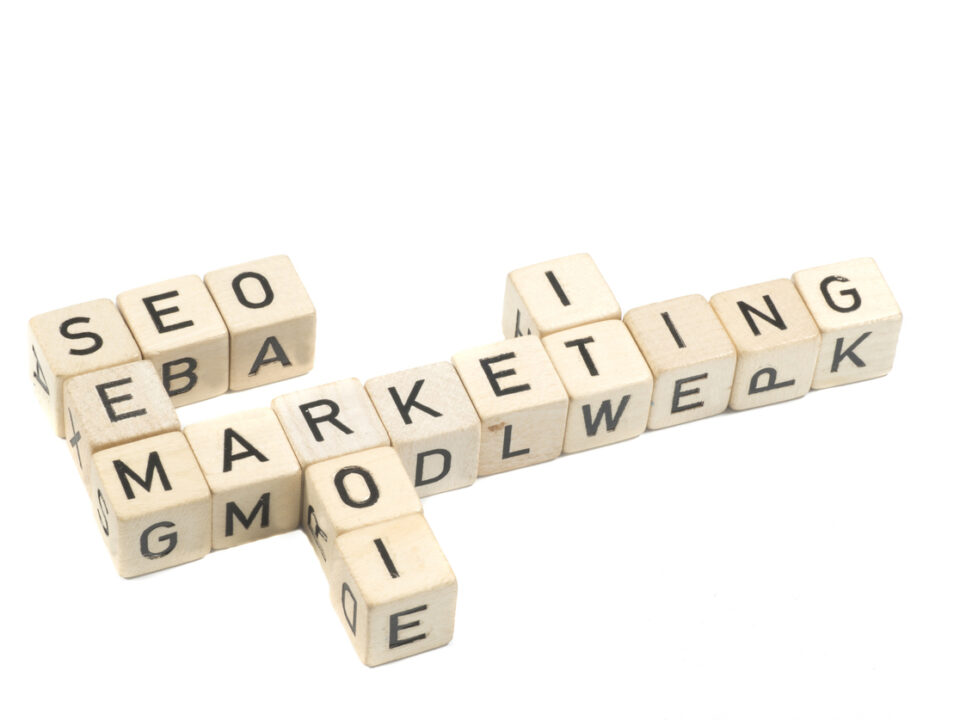In today’s fast-paced digital landscape, businesses must go beyond generic advertising to capture attention and drive engagement. Customers expect brands to understand their needs, anticipate their preferences, and deliver relevant content at the right time. This is where personalized digital marketing becomes a game-changer.
By leveraging customer data, AI-driven insights, and behavioral analytics, brands can craft highly targeted campaigns that boost customer loyalty, enhance user experience, and maximize conversions. In this article, we’ll explore why personalization matters, how businesses can implement it effectively, and the latest trends shaping the future of personalized marketing.
Why Personalization in Digital Marketing Matters
1. Enhanced Customer Experience
Customers are bombarded with ads daily, but only relevant and personalized content captures their interest. Personalization ensures that marketing messages align with a user’s preferences, making their journey smoother and more enjoyable.
Example: Streaming platforms like Netflix and Spotify curate content recommendations based on user behavior, keeping users engaged for longer periods.
2. Higher Engagement & Retention Rates
Personalized emails, recommendations, and targeted ads are more likely to resonate with users, increasing engagement. Studies show that:
- 80% of consumers are more likely to purchase from a brand that offers a personalized experience.
- 90% of leading marketers say personalization significantly contributes to business profitability.
Example: E-commerce giant Amazon uses AI-driven algorithms to recommend products based on browsing history, boosting customer retention.
3. Increased Conversions & Sales
A tailored shopping experience leads to higher conversion rates. Whether it’s dynamic product recommendations, location-based offers, or personalized email campaigns, targeted marketing can drive customers to make faster purchase decisions.
Example: Starbucks uses its mobile app to offer personalized promotions based on customer purchase history, increasing app engagement and sales.
4. Strengthened Brand Loyalty
Customers appreciate brands that take the time to understand their preferences. Personalization fosters trust, encouraging repeat business and long-term brand loyalty.
Example: Nike’s membership programs offer personalized product recommendations, early access to launches, and customized experiences, strengthening customer loyalty.
How to Implement Personalization in Digital Marketing
1. Leverage Customer Data & AI Insights
To personalize marketing campaigns, businesses must collect and analyze customer data effectively. Tools like Google Analytics, CRM software, and AI-powered platforms can help brands track user behavior, preferences, and purchasing habits.
Best Practices:
- Use website cookies to track user interactions.
- Analyze email engagement metrics to segment customers.
- Implement AI-driven chatbots for real-time personalization.
2. Segment Your Audience
Not all customers have the same needs. Effective personalization requires segmenting audiences based on:
- Demographics (age, gender, location)
- Behavior (past purchases, browsing habits, engagement level)
- Interests & Preferences
Example:
A fashion retailer can send personalized emails showcasing summer collections to customers who frequently browse summer wear.
3. Dynamic Content & Personalized Messaging
Using dynamic content allows businesses to tailor messages in real-time based on user behavior. This includes:
- Personalized email subject lines and content
- Customized landing pages
- Product recommendations based on previous searches
Example:
E-commerce platforms like ASOS and Sephora display recommended products based on a user’s browsing and purchase history.
4. AI & Machine Learning for Predictive Personalization
AI-driven algorithms analyze vast amounts of data to predict future behavior and personalize experiences accordingly. This helps businesses offer proactive recommendations and increase conversion rates.
Example:
Google Ads leverages AI to optimize ad delivery, ensuring users see the most relevant ads based on their search history.
5. Personalized Email Marketing Campaigns
Email marketing remains one of the most effective digital marketing strategies. Instead of sending mass emails, businesses should:
- Use customer names in subject lines.
- Send product recommendations based on browsing history.
- Offer exclusive deals tailored to individual preferences.
Example:
Retailers like Zara and H&M send cart abandonment emails with a personalized discount offer, encouraging customers to complete their purchases.
6. Location-Based Marketing & Geo-Targeting
Brands can personalize content based on a user’s location to enhance the relevance of promotions and recommendations.
Example:
Ride-sharing apps like Uber and Lyft offer special promotions based on local events or holidays.
7. Personalized Social Media Advertising
Social media platforms like Facebook, Instagram, and TikTok allow businesses to create highly targeted ads. Lookalike audiences and retargeting campaigns help brands reach users with similar interests.
Example:
A travel agency can display destination-specific ads to users who recently searched for flights or hotels.
Trends Shaping the Future of Personalization in Digital Marketing
1. Hyper-Personalization with AI & Predictive Analytics
Hyper-personalization goes beyond basic segmentation by using AI to analyze real-time data and deliver precise recommendations.
Example:
E-commerce brands use AI chatbots to assist customers with personalized shopping suggestions.
2. Voice Search & Conversational AI
With the rise of voice assistants like Alexa and Google Assistant, brands must optimize for voice search personalization.
Example:
A coffee brand can develop an AI-powered voice assistant to suggest personalized coffee blends based on past orders.
3. Augmented Reality (AR) for Personalized Shopping
Retailers use AR-powered experiences to let customers virtually try on products before purchasing.
Example:
Sephora’s Virtual Artist tool allows users to try different makeup shades through their app.
4. Cookieless Personalization & Privacy-Focused Marketing
As privacy regulations tighten, businesses must find new ways to personalize experiences without relying on third-party cookies.
Example:
First-party data collection through interactive quizzes or customer surveys helps brands personalize marketing while maintaining user privacy.
Partner with POMOROI for Cutting-Edge Personalized Marketing
In today’s competitive digital landscape, personalized marketing isn’t just an option—it’s a necessity. Businesses that harness the power of data-driven insights, AI-powered recommendations, and targeted messaging can create meaningful connections with their audience, driving higher engagement, conversions, and brand loyalty.
At POMOROI, we specialize in crafting highly personalized digital marketing strategies that deliver real results. Whether you need AI-driven customer segmentation, hyper-targeted email campaigns, dynamic content creation, or advanced analytics, our team has the expertise to help you optimize your marketing efforts and maximize ROI.
Ready to transform your digital marketing strategy? Let’s work together to create customized campaigns that speak directly to your audience and drive measurable success.
Contact POMOROI today to discover how we can help you leverage the power of personalization and stay ahead of the competition!





